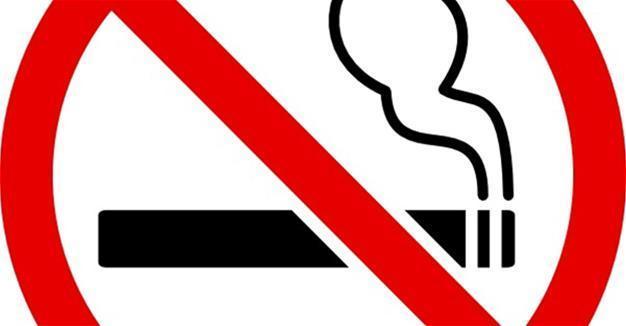Turkish Health Ministry provides programs on quitting smoking to 82,000 applicants
Mesude Erşan – ISTANBUL

Turkey’s Health Ministry has provided some 82,000 people who called them to quit smoking with a plan to make them abandon the habit.
Some 2,610,000 people have called Turkey’s “ALO 171,” a call center that was established by the ministry with the aim of helping people to quit smoking, and 82,000 of them were presented a plan.
The call center provides service 24/7 through a total of 175 operators. The addiction levels of the applicants are measured and a plan is made for those adamant to quit smoking. In addition, the applicants receive information on the harms of smoking and they are called by the ministry six times a year for support.
Out of the 2,610,000 applicants, the ministry recorded 660,000 of those as valid calls. When the purpose of the calls was examined, it was seen that 538,000 called to quit smoking and 121,000 called to receive information.
The Health Ministry’s Tobacco and Other Addictive Substances Control Department Head Sertaç Polat said nicotine addiction, as well as psychological, behavioral and social factors were effective on smoking.
“We provide personal support to those who want to quit smoking by evaluating several factors, including their determination, health conditions, addiction levels determined by standard measures, characteristics of social environment at home and work and the ratio of carbon dioxide they take in,” Polat told daily Hürriyet on April 5, adding that 70 percent of those who applied to clinics to quit smoking were male, while 30 percent were female.
“Some 317,000 people benefited from medical treatment free of charge between 2015 and 2017. As the ministry, we provide them two medicines, Zyban and Champix. Our medicine stocks are about to end. The results of the program will be evaluated after all stocks run out,” he added.
Oğuz Kılınç, a professor at the Chest Diseases Clinic of Dokuz Eylül University in the western province of İzmir, meanwhile, said there are only three medicines that have been proven to have scientific effects on quitting smoking. Two of those provide treatment as substitute to nicotine and the other one is a prescribed medicine that has an effect on the brain.
Kılınç added that medicines increase the possibility of quitting smoking by two- to 2.5-fold.
“Those who try ineffective methods to quit smoking say, ‘This didn’t help, I should try the other.’ They stop trying to quit after becoming unsuccessful over and over again. They fall into some type of learned helplessness,” he also said.
Saying that the ban on smoking indoors was effective in reducing the number of smokers when it was rightly audited, Kılınç noted that the percentage of smokers in Turkey decreased to 27 percent from 31.3 after the ban was introduced.
“The number of cigarettes smoked was nearly 96 billion yearly. However, due to the lessening of the frequency of checks and not introducing new measures, the numbers are back to the ones of the period before the ban. The number of cigarettes being smoked a year surpassed 100 billion,” he added.
 Turkey’s Health Ministry has provided some 82,000 people who called them to quit smoking with a plan to make them abandon the habit.
Turkey’s Health Ministry has provided some 82,000 people who called them to quit smoking with a plan to make them abandon the habit.